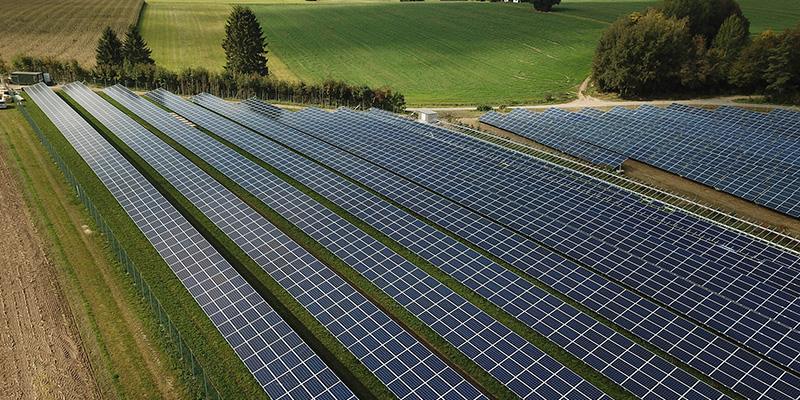6 Thoughts About Social Distancing and Self-Sufficiency from the Off-Grid Living Experts
The 2020 coronavirus (COVID-19) outbreak has – to put it mildly – created a lot of uncertainty for people all around the world.
By now, hopefully you are doing your part to practice the self-quarantining or “social distancing” behaviors recommended by the World Health Organization to help slow the spread of this new and particularly hardy coronavirus and give the world’s various healthcare systems time and bandwidth to deal with the outbreak.
If so, you may be experiencing a new (or renewed) appreciation for the relative fragility of the production and delivery networks for food, water, energy, and information that aggregate to create the standard of living we’re used to here in the U.S. You may be considering the benefits of being self-sufficient in one or more of these areas, and wondering how realistic that would be. And you may be weighing whether the peace of mind that comes with self-reliance in times of social unrest is worth the effort and expense of actually becoming self-reliant.
Setting aside the healthcare system, which is facing real challenges in the coming weeks, we can say that, fortunately, American infrastructure has been largely able to cope with the changes in shopping behavior, remote working habits, and resource usage the new coronavirus has forced us to make. But if you have found yourself interested in moving toward self-sufficiency lately, know that you are not alone and you are not without trusted professionals to advise you about your options.

As a company born out of the “back-to-the-land” movement that spawned in part from the uncertainty and social anxiety of the 1960s and 1970s, Real Goods has always championed the merits of self-sufficiency and facilitated making it available to anyone who wants to achieve it. From this position, we think it’s worth noting a few things:
We should be grateful that most of our resource infrastructure – power, water, food production, Internet – has been able to handle the shifting demands the COVID-19 pandemic has placed on it.
Ideas like self-isolation, social distancing, and disaster preparedness are not new. For plenty of folks, these are – and have been for decades – lifestyle choices. They are things that come, to varying degrees, with the decision to live “off the grid”.
Moving toward self-sufficiency does not have to be an all-or-nothing endeavor. In fact, we don’t recommend you try to make it one (not many of us could do what Richard Proenneke did). A simple step toward partial self-sufficiency, like setting up a small emergency backup power supply, is enough to make a lot of families feel much better about their overall preparedness when the unexpected strikes.
Self-sufficiency can (and absolutely should) be researched before being attempted. Our own Solar Living Sourcebook is a truly excellent primer on the considerations and basics of off-grid living.
Out of crisis can come opportunity. Think back a few months…Did you catch yourself saying “I’m so busy! If only there were more hours in the day!” a month ago, and then “I’m so bored! How long am I going to be stuck in my house?” a week ago? There may be no time like the present to learn a new skill, catch up on reading, call some long-lost friends or relatives, or deep clean the house.
We are in this together and it’s not going away soon. The spring of 2020 – and likely the summer too – is going to be different from any we’ve lived through before. We are going to need to be patient, get by with less shopping and fewer luxuries, and be helpful to others while respecting their boundaries with social distancing.
We are not attempting to stoke fear, to say “I told you so”, or to leverage this global pandemic for financial gain. We are simply trying to make people aware that if self-sufficiency is a new, enticing, and/or daunting proposition that you’ve recently been forced to confront, there are professionals out there like us and others who specialize in building systems to deliver power and water to people who either need or want to be self-reliant in attaining these essentials.
We’re all in this together, and we here at Real Goods have been helping people secure their own power and water supplies for 41 years now. Give us a call at 800-919-2400 or check out these resources and products if you want to explore your self-sufficiency options.
Self-Sufficiency Resources
The Solar Living Sourcebook
“Solar Power for Beginners” video series with Solar Queen Amy Beaudet
Get a free quote for a battery backup system
Get a free quote for an off-grid solar power system
Get a free quote for a solar water pumping system
Self-Sufficiency Equipment
The Solar Living Sourcebook
Portable emergency backup power sources
Medium (7.5 kWh) integrated backup power supply
Large (over 10 kWh) integrated backup power supplies


